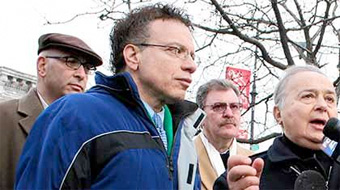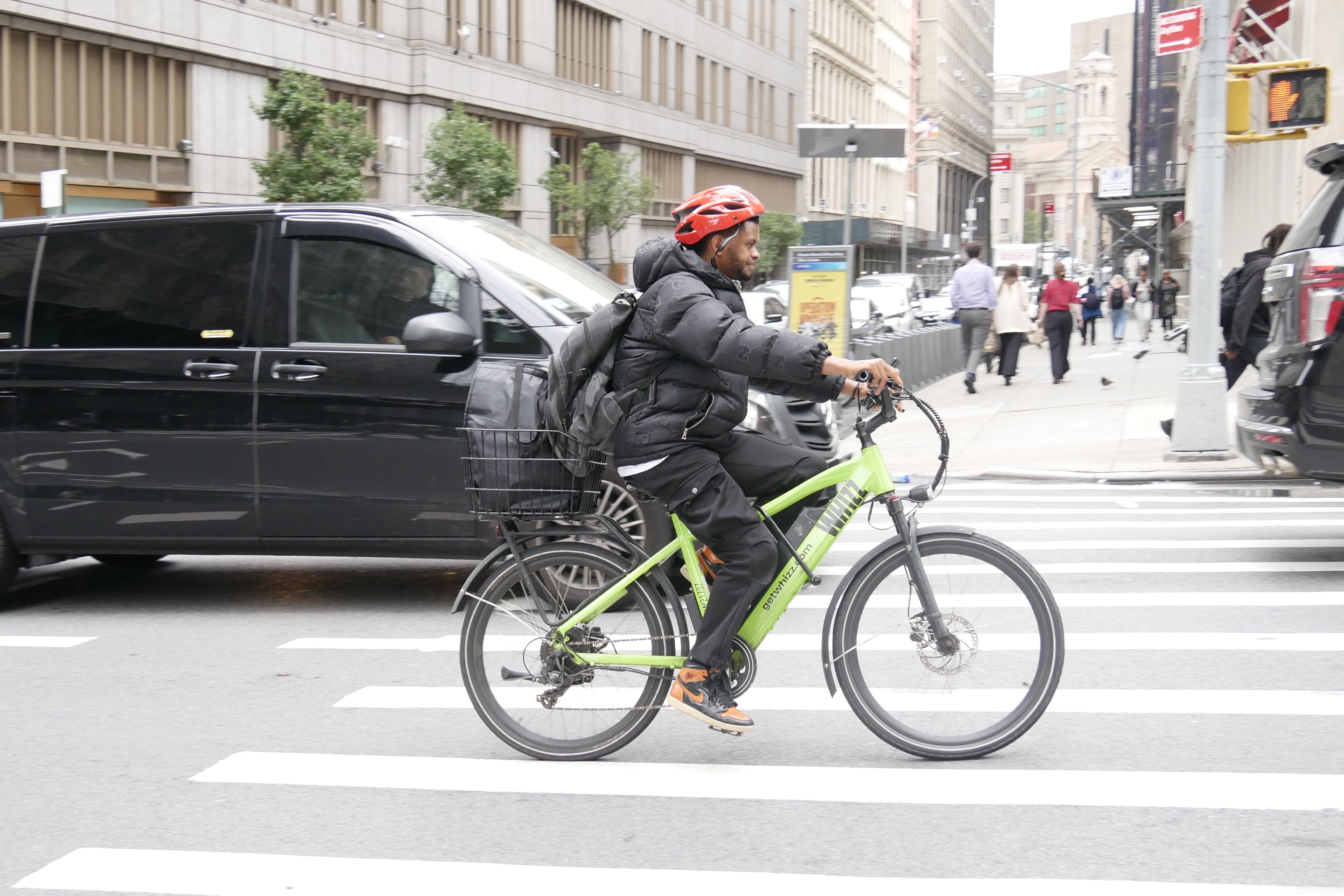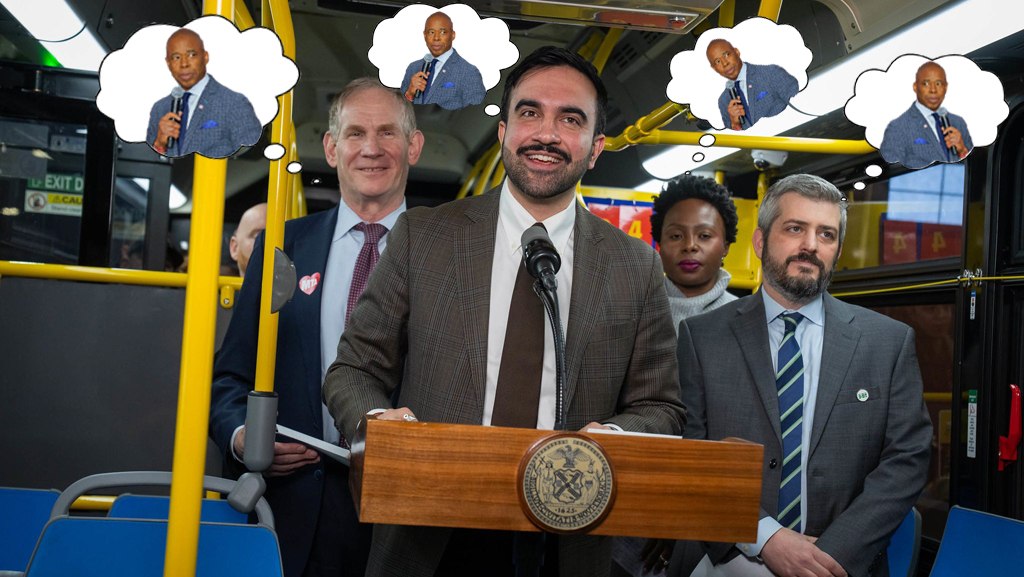Speaker Christine Quinn's office just announced that the City Council has reached a budget deal with the Bloomberg administration, restoring some services slated for cuts and targeting others instead. There's also one case where the council successfully fought to prevent the city from raising revenue to fund more services. A proposal to increase parking meter rates by 25 cents per hour in Manhattan above 86th Street and in the Bronx, Queens, Brooklyn and Staten Island got negotiated out of the budget deal, thanks in no small part to vigorous opposition from Transportation Committee Chair James Vacca.

Meter rates would have gone up from 75 cents per hour to one dollar per hour. Now those rates won't go up until July 1 at the earliest, pending another round of budget negotiations before the next fiscal year. Deferring the parking rate increase means the city has about $2.5 million less to spend in the current budget. That's $2.5 million that won't go toward libraries, aid to the homeless, or other services. (Parking in Manhattan south of 86th Street wasn't affected by the deal -- the price there will rise from $2.50 to $3.00 per hour.)
Spearheading the fight against the 25-cent bump was Vacca. The Eastern Bronx rep is preparing a bill, along with Brooklyn's Diana Reyna, that would limit the city's ability to set parking meter rates in the future, capping rate increases to 25 percent over any five-year period unless the City Council grants an exemption. Vacca's office told Streetsblog that the bill is in the midst of getting drafted and that the council member still intends to introduce it.
While Vacca has had some good things to say about transit funding and calming traffic, his comments on parking policy (not to mention his introduction to last month's bike policy hearing) have betrayed a troubling lack of familiarity with basic transportation policy concepts. The leader of the transportation committee in America's largest and most walkable city shouldn't be perpetuating the myth that cheap parking is good for business, good for New York, or even good for motorists.
Vacca has to do better than what he told the Community Newspaper Group about the 25-cent parking rate increase:
“The whole borough of Queens will see a conversion,” said Vacca, chairman of the Council Committee on Transportation. “It’s ‘nickel-and-quartering’ the average person.”
The rate hikes will discourage shoppers who normally patronize small businesses in commercial hubs around the borough, he said.
“I feel it’s a definite negative for small business,” Vacca said. “It’s going to cost people more to shop.”
Vacca added that when the increase is combined with overzealous metermaids, it will further discourage shoppers from parking on the street.
“It will increase the ‘I got ya’ aspect of this,” he said.
The whole borough of Queens was also the subject of a huge multi-part series in the Daily News last year about the parking crunch on commercial streets, where curbs are crammed full of parked cars. Motorists aren't going to see much relief from all the time (and gas money) they spend cruising for spots as long as meter rates remain at their current prices.
Raising overall meter rates is a blunt instrument compared to targeted peak-hour rate increases, but the fact is that NYC's parking rates sat stagnant for 17 years until a 25-cent bump in 2009, which basically just let meter rates catch up with inflation. Cheap on-street parking increases traffic, prevents customers from finding spaces, and can drive away business by making the search for an open spot frustrating. Then there are the millions of car-free New Yorkers who would have an easier, safer, and more pleasant shopping experience if traffic were reduced by setting the right price on parking on commercial streets.
New York City can't afford to have a Transportation Committee chair who's poorly versed in parking policy and advocates for the dysfunctional status quo. Down in Washington D.C., Tommy Wells was just appointed to chair the City Council's transportation committee. Wells has been a consistent champion of smart, 21st Century transportation reforms, including performance parking policies that align meter prices with demand. Washington, by the way, has a higher rate of car ownership than Vacca's East Bronx district [PDF].





